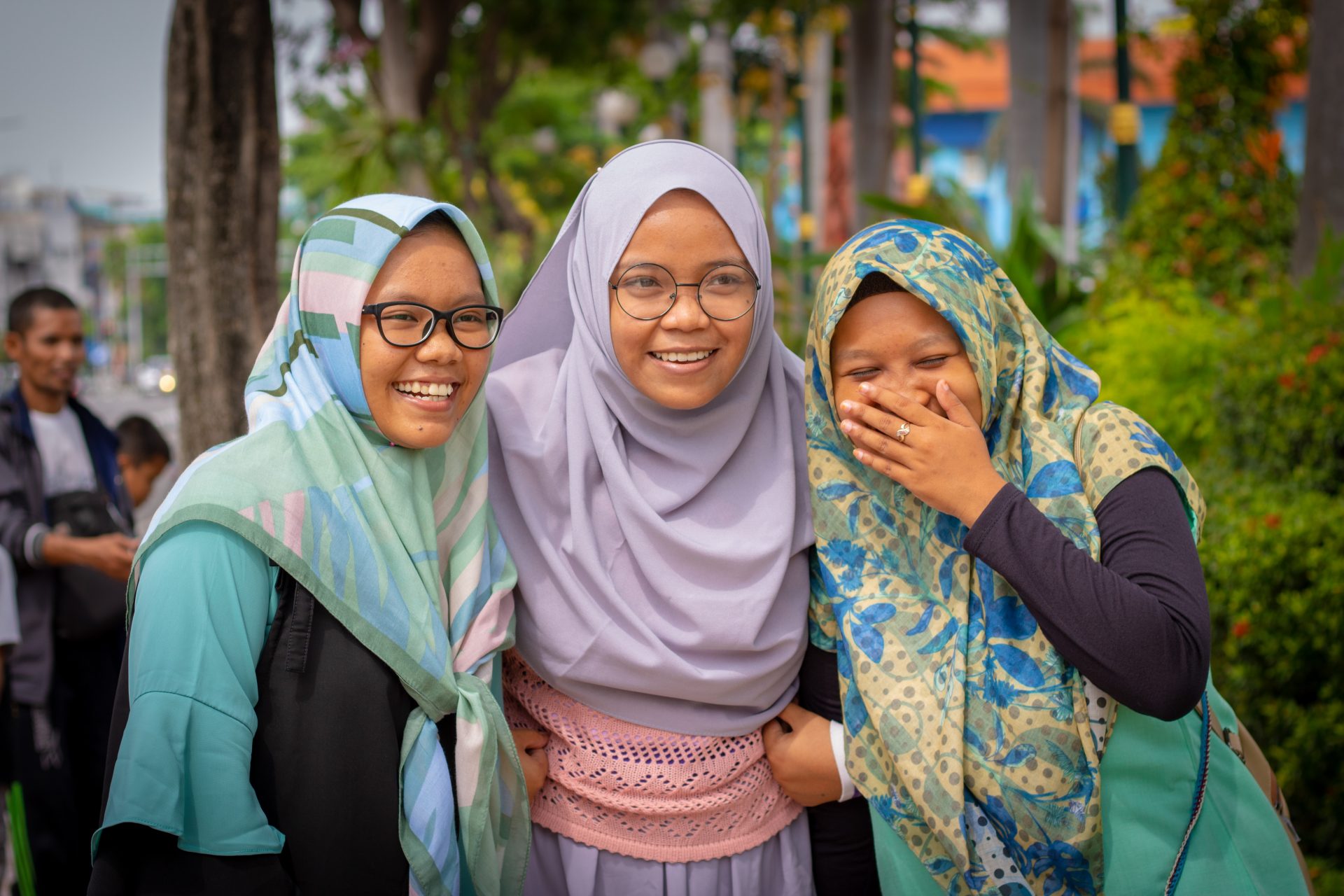- 10 tip sheets to support a feminist approach to prevent GBV
- For practitioners, researchers and activists, in humanitarian and development settings
- Tip sheets 2, 7, 8, and 9 are particularly relevant for designing and impementing GBV programmes with a gendered lens
The Feminist Pocketbook is a series of 10 tip sheets to inform practitioners, researchers, and activists around key topics to address gender-based violence (GBV). It aims to reinforce a feminist approach towards GBV efforts, in order to effectively address the structural inequalities that contribute to violence against women and girls.
This resource is primarily for practitioners, researchers and activists working to prevent and respond to GBV in development and humanitarian settings. However, it also aims to support those communities in engaging effectively with policymakers, donors and other stakeholders, in order to drive greater impact on this issue in different contexts globally.

When GBV programmes shift focus away from tackling gender inequality, patriarchy and intersectionality, the programme funding, design and implementation also become de-centred from women and girls’ needs and rights.
A common theoretical understanding of feminist approaches to end GBV is key and a feminist perspective is essential for approaches to end GBV in order to understand and dismantle underpinning systems of power.
GBV programmes should maintain a core focus on women and girls to maintain the quality, quantity, and funding for these much-needed initiatives. Efforts addressing violence against women and men should be distinct.
Joint efforts between GBV programmes and other programmes addressing violence may be beneficial to address common risk factors, but specialised programmes for women and girls should still exist.
Backlash against GBV efforts for women and girls will often occur in the forms of verbal harassment, online harassment, physical abuse, or sexual abuse. To mitigate this, strategies for how to frame, organise, and engage the community in GBV efforts should be implemented.
The shift to expanded, depoliticised definitions of GBV also represents a type of resistance; co-opting the language of GBV to reassert men’s priorities and perspectives have the effect of inserting the needs and concerns of men in women-specific spaces.





